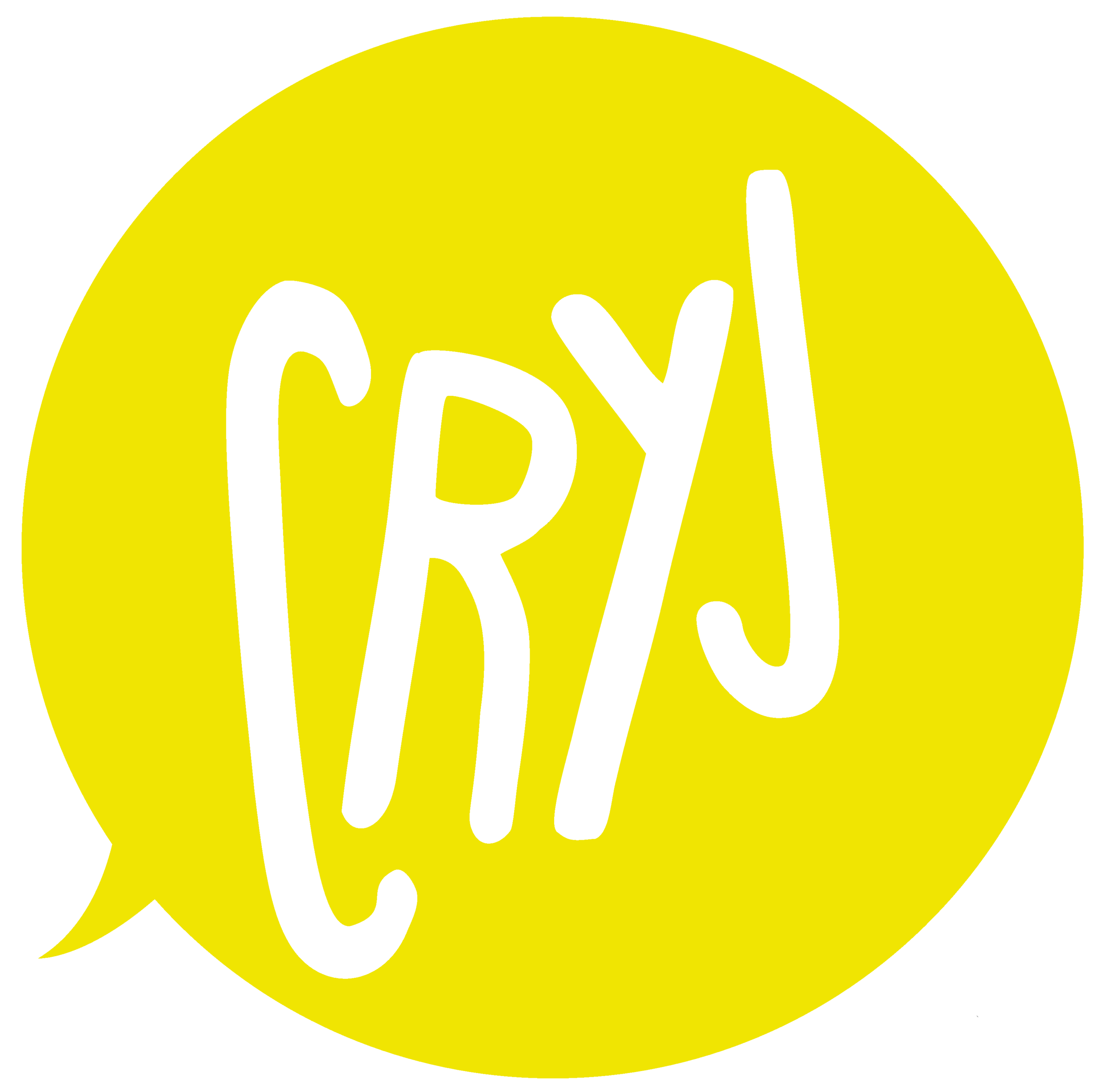What is CRYJ?
The Center for Restorative Youth Justice, or CRYJ, works to reduce youth involvement with the justice system, lower rates for out of school suspension, and aims to prevent reoffending for the same offense. We will work with your teen to talk more in-depth about their incident, repair harm caused, promote accountability, and build skills to make this a positive learning opportunity. Learn more about us here!
What does CRYJ look like for my teen?
When we receive your teen's referral from their school or Youth Court Services, we will call to set up an appointment with your teen and a parent/guardian. During the first appointment, we will work with you and your teen to develop a Restorative Agreement. The Restorative Agreement will outline specific requirements with appointment dates/times.
Appointments may include workshops with a small group of other teens and/or individual conferencing focused on risk-taking, impact, and accountability.
Youth referred from their school: A teen’s restorative agreement is to be completed 30 days from the time of the referral and consists of coming to CRYJ once or twice a week for a meeting for the duration of the program.
Youth referred from Youth Court Services: A teen’s restorative agreement is to be completed within the timeline set by Youth Court Services (generally 30 to 90 days from the time of the referral). We expect to see your teen for an appointment about once a week.
What happens if a teen gets sick or has other scheduling conflicts?
We understand that unavoidable illness or scheduling conflicts may arise. While we like to see teens once a week, all we need is open communication from families when life happens! If a teen is unable to attend CRYJ service on day per week, we ask that they contact CRYJ staff to discuss options.
When/where are workshops held?
Workshops will be scheduled on your teen’s Restorative Agreement with dates/times. They are held at our CRYJ office unless specified otherwise. Check out the teen workshop calendar for Kalispell and Missoula!
What does CRYJ look like for parents/guardians?
We ask that a parent/guardian joins in the initial appointment, as well as a Community Impact Circle. It is optional to join for the Completion Meeting. The remainder of CRYJ’s program elements are generally for teens only.
Is there a fee?
There is no fee for youth to participate in CRYJ programs!
How does CRYJ communicate with teens and families?
CRYJ sends text reminders at the beginning of every week to each teen and/or parent/guardian with their appointment dates/times.
What happens when my teen completes the CRYJ program?
Youth referred from their school: CRYJ staff will notify the appropriate school administrator of a teen’s completion. No charges are filed and your teen is able to move forward positively from this incident.
Youth referred from Youth Court Services: CRYJ staff will notify Youth Court Services of a teen’s completion.
What if they don’t complete?
Youth referred from their school: If all aspects of the agreement are not completed by the completion date, the case will be referred back to the School Resource Officer/school administrator who made the referral. Additional disciplinary action will be up to the school’s discretion (i.e.charges may be formally filed or increased suspension time may be reinstated)
Youth referred from Youth Court Services: If all aspects of the agreement are not completed by the completion date, the case will be referred back to Youth Court Services. Additional requirements will be up to their discretion.

